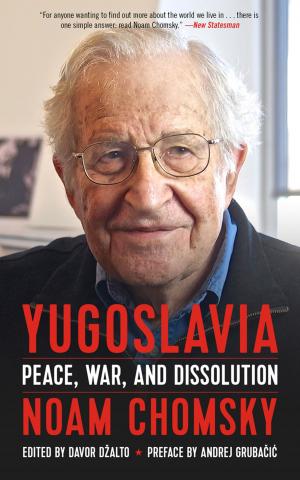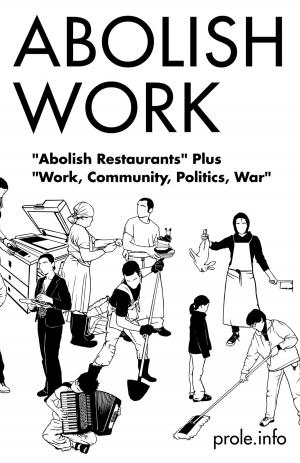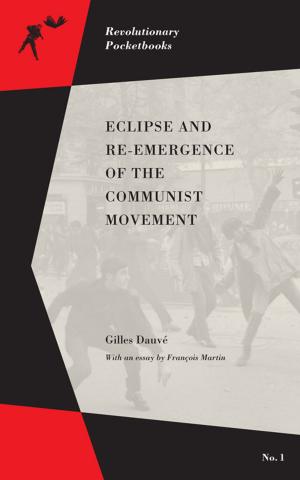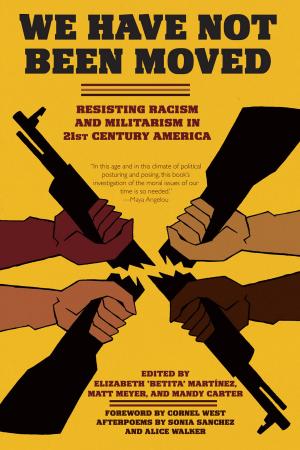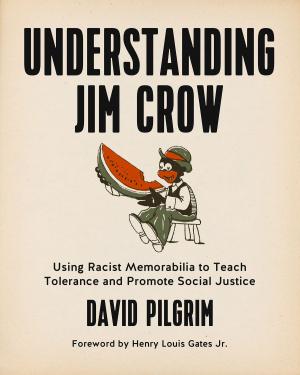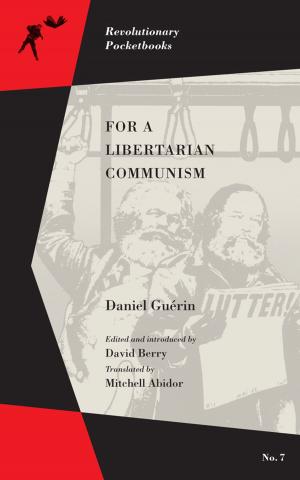From Crisis to Communisation
Nonfiction, Religion & Spirituality, Philosophy, Political, Social & Cultural Studies, Political Science, Politics, History & Theory| Author: | Gilles Dauvé | ISBN: | 9781629633039 |
| Publisher: | PM Press | Publication: | January 1, 2019 |
| Imprint: | PM Press | Language: | English |
| Author: | Gilles Dauvé |
| ISBN: | 9781629633039 |
| Publisher: | PM Press |
| Publication: | January 1, 2019 |
| Imprint: | PM Press |
| Language: | English |
Rising out of the radical Marxist French millieu and events of 1968 to criticize global capitalism and encourage revolution in theory and practice, From Crisis to Communisation places libertarian communist theory in historical and contemporary context. Communisation means something quite straightforward: a revolution that starts to change social relations immediately. The concept was born out of a specific period, and this book investigates how people personally and collectively experienced the crises of the 1960s and 1970s. The notion is now developing in the maelstrom of a new crisis, among other reasons because of its ecological dimension, that has the scope and magnitude of a crisis of civilization. This is not a book that glorifies existing struggles as if their present accumulation was enough to result in revolution. Radical theory is meaningful if it addresses this question: how can proletarian resistance to exploitation and dispossession achieve more than aggravate the crisis? How can it reshape the world?
Rising out of the radical Marxist French millieu and events of 1968 to criticize global capitalism and encourage revolution in theory and practice, From Crisis to Communisation places libertarian communist theory in historical and contemporary context. Communisation means something quite straightforward: a revolution that starts to change social relations immediately. The concept was born out of a specific period, and this book investigates how people personally and collectively experienced the crises of the 1960s and 1970s. The notion is now developing in the maelstrom of a new crisis, among other reasons because of its ecological dimension, that has the scope and magnitude of a crisis of civilization. This is not a book that glorifies existing struggles as if their present accumulation was enough to result in revolution. Radical theory is meaningful if it addresses this question: how can proletarian resistance to exploitation and dispossession achieve more than aggravate the crisis? How can it reshape the world?

